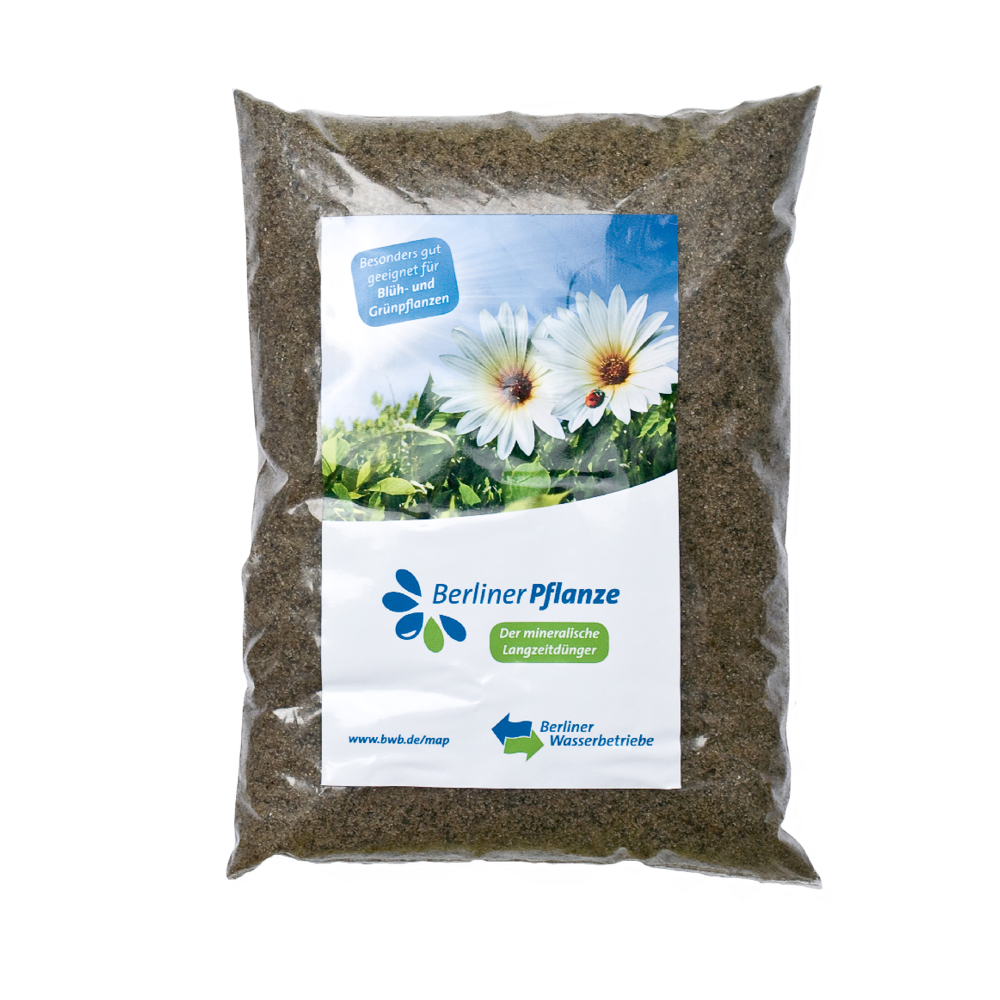02.10.2019 News
unspecific unspecific Chemistry
Feedstocks made from CO2
Enzymes were their inspiration: Using nanoparticles as catalysts, German and Australian researchers succeeded in converting carbon dioxide into valuable resources.
02.10.2019 News
unspecific unspecific Chemistry
Enzymes were their inspiration: Using nanoparticles as catalysts, German and Australian researchers succeeded in converting carbon dioxide into valuable resources.
07.10.2019 News
Agriculture and forestry Plants Agriculture sciences
Bayer and the US company Arvinas have teamed up to launch the joint venture Oerth Bio. It uses biotechnologically produced protein molecules to protect plants from pests.
08.10.2019 News
Agriculture and forestry Plants Biodiversity
Germany plans large-scale reforestation to help ailing forests. According to Würzburg forest ecologists, this will have the opposite effect and make forests even less resilient.
02.10.2019 Studies and statistics
unspecific unspecific unspecific
Since June 2015, the REFOWAS (REduce FOod WASte) project has been investigating reasons for the generation of food waste along the entire value chain and analyzing environmental impacts and economic aspects.
10.10.2019 News
unspecific Plants Plant and process engineering
High-tech fibers made from renewable resources can be a real alternative to their petroleum counterparts, thanks to a new ultra-high-temperature process.
14.10.2019 News
Agriculture and forestry Plants Agriculture sciences
Too much nitrogen increases the protein content in wheat. But it also reduces the yield, a research team has found.
21.10.2019 News
Chemistry Microorganisms Chemistry
Up until now, biocatalysts were short-lived. Bochum researchers have now developed a thin protective film that can make the hydrogenases last thousands of years.
25.10.2019 News
unspecific unspecific Biotechnology/Systems biology
The Ethics Council of the Max Planck Society has announced its position on genome editing in plant breeding, medicine and pest control.
18.10.2019 News
unspecific Microorganisms Biodiversity
Deep-sea mussels enter into symbioses with a large number of bacteria and are thus well prepared for changing environmental conditions.
30.10.2019 News
Chemistry Waste Chemistry
Production of alcohols from CO2 through electrochemical reduction is the goal of a research consortium that wants to use a new process to reduce the energy required for electrosynthesis.
28.10.2019 News
Food Microorganisms Biotechnology/Systems biology
Collagen protein supplier Gelita and the US company Geltor are cooperating in the development of biotechnologically produced collagen proteins for the vegan food market.
30.10.2019 News
Chemistry Plants Biotechnology/Systems biology
Using a bacterial enzyme, Marburg researchers have made it possible for diatoms to degrade plastic waste in salt water.
04.11.2019 News
Agriculture and forestry Plants Biotechnology/Systems biology
With two multi-resistant rice varieties and a diagnostic kit, an international team of researchers hopes to eradicate the plant disease bacterial blight.
17.08.2018 News
Energy Waste Biotechnology/Systems biology
Biogas contains too much carbon dioxide compared to natural gas. Researchers have now produced a new type of active carbon from the fermentation residues of the biogas plant, which removes carbon dioxide from the biogas.
23.08.2018 News
Agriculture and forestry Plants Forestry
Domestic trees are growing faster and faster, but the wood is also losing weight, according to Munich forest researchers.
20.08.2018 News
Agriculture and forestry Microorganisms Agriculture sciences
An international research team analysed the soil microbiome. Bacteria and fungi are constantly fighting for resources and fungi even produce antibiotics to gain an advantage.
27.08.2018 News
Food Plants Agriculture sciences
An international research team managed to decipher the gigantic and complex wheat genome. The new information is hoped to help in breeding more yield-efficient wheat varities.
31.08.2018 News
unspecific unspecific Bioökonomie mitgestalten
Following the EU's decision to classify crops created by genome editing technologies as GMOs, the German Bioeconomy Council urges politicians to modernize genetic engineering laws.

03.09.2018 Product
Agriculture and forestry Microorganisms
Along with nitrogen, phosphorus is one of the most important components in fertilizers. As the world's population grows, so does the demand for food and therefore for phosphorus. However, the resources are finite.
01.04.2019 Studies and statistics
unspecific unspecific Environmental technology
According to a study by the Fraunhofer Institute for Environmental, Safety and Energy Technology (UMSICHT), around 330,000 tons of microplastics are released into the environment every year in Germany alone - a good four kilograms per capita.